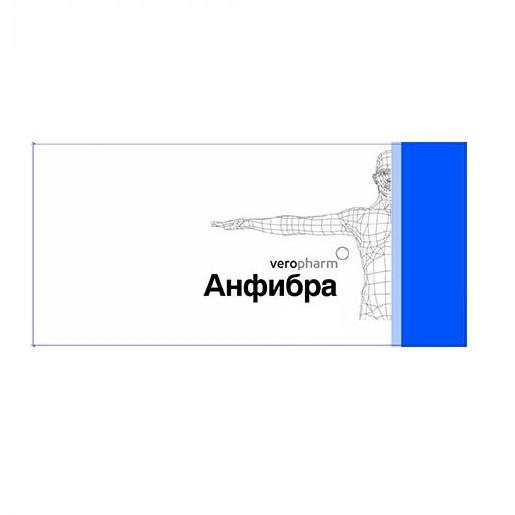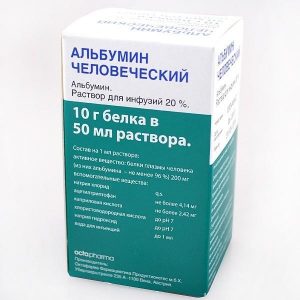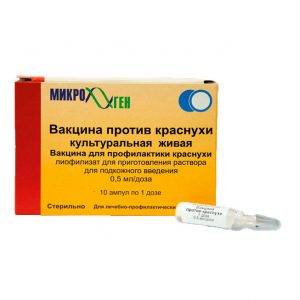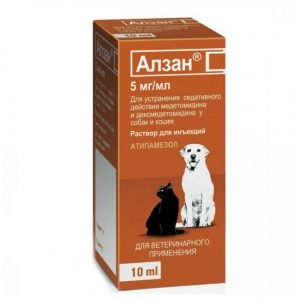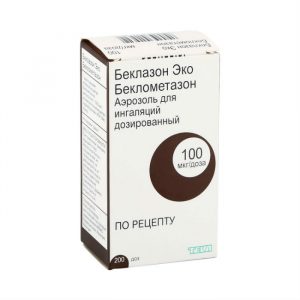Description
Release form
Injection solution is clear, colorless or with a yellowish tint.
Pharmacological action
Direct-acting anticoagulant. It belongs to the group of low molecular weight heparins (with a molecular weight of about 4,500 daltons). It has an antithrombotic effect.
Has a pronounced activity against factor Xa and weak activity against factor IIa. In contrast to unfractionated standard heparin, antiplatelet activity is more pronounced than anticoagulant activity. It does not affect platelet aggregation.
Pharmacokinetics
When s / c administration is rapidly and almost completely absorbed from the injection site. The peak anti-Xa activity of enoxaparin in plasma is reached after 3-5 hours, which corresponds to a concentration of 1.6 μg / ml after administration of 40 mg. Enoxaparin Vd corresponds to blood volume.
Enoxaparin sodium is slightly metabolized in the liver to form inactive metabolites.
T1 / 2 – about 4 hours Anti-Xa plasma activity is determined within 24 hours after a single injection. It is excreted in the urine, unchanged and in the form of metabolites.
In patients with renal failure and in older people, an increase in T1 / 2 to 5-7 hours is possible, but dosing regimen adjustment is not required.
During hemodialysis, elimination of enoxaparin does not change.
Indications
Prevention of thromboembolism, especially in orthopedic practice and general surgery, treatment of deep vein thrombosis, prevention of hypercoagulation in the extracorporeal circulation system during hemodialysis.
Treatment of unstable angina and myocardial infarction without an abnormal Q wave on an ECG (in combination with acetylsalicylic acid).
Use during pregnancy and lactation
Use during pregnancy is not recommended. If it is necessary to use enoxaparin sodium during lactation, breastfeeding should be discontinued.
Special instructions
Do not administer in oil. Low molecular weight heparins are not interchangeable.
If there is a history of thrombocytopenia induced by heparin, enoxaparin sodium can be used only in cases of emergency.
Use with caution in patients with a potential risk of bleeding (including with hypocoagulation conditions, a history of gastric ulcer and duodenal ulcer), ischemic disorders of cerebral circulation, uncontrolled severe arterial hypertension, diabetic retinopathy, repeated neurological or ophthalmological operations, as well as in patients with severe liver diseases. It is not recommended for use during spinal / epidural anesthesia.
Before and during treatment, platelet count in the peripheral blood should be regularly monitored.
If this indicator decreases by 30-50% of the initial value of enoxaparin sodium, it should be immediately discontinued and appropriate therapy prescribed. Before starting use, you should cancel the funds that could potentially affect hemostasis, if this is not possible, then simultaneous therapy is carried out under close monitoring of coagulation parameters.
Dosage and administration
Individual. S / c is administered in the anterolateral or posterolateral region of the abdominal wall at the level of the belt.
Side effects
From the blood coagulation system: rarely – moderate asymptomatic thrombocytopenia.
From the liver: rarely – a reversible increase in the level of activity of liver enzymes.
Allergic reactions: rarely – skin rash, itching.
Local reactions: rarely – an inflammatory reaction in isolated cases – necrosis.
Drug interaction
When used concomitantly with drugs that affect hemostasis (salicylates, other NSAIDs, dextran 40, ticlopidine, corticosteroids, thrombolytics, anticoagulants), the anticoagulant effect of sodium enoxaparin increases, hemorrhagic complications may develop.
active substance
Enoxaparin sodium
Pharmacy terms
Prescription
lekarstvennaja form
Solution for
Prescribing
For adults, For adults prescribed by a doctor
Veropharm, Russia
